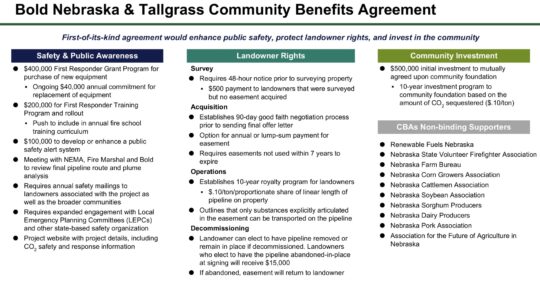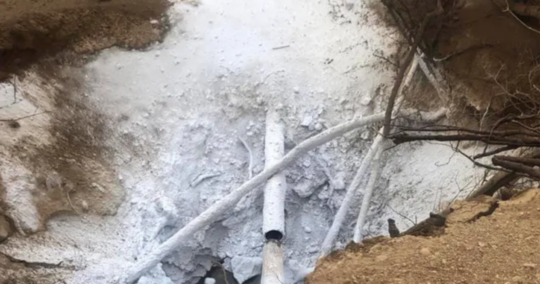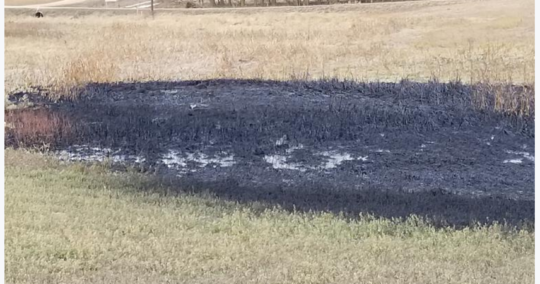A trip to an amusement park is a tradition for many families. Not ours. Having a son who is profoundly autistic has made such a family adventure nearly impossible. But yesterday, we tried. And we succeeded.
My family is blessed to have a wonderful caretaker who assists my son. She is beyond patient, beyond kind. And Matthew adores her.
However, finding her was sort of like finding a needle in a haystack. In order to qualify for state aid, we had to prove that Matthew was in “eminent danger” should he be left unattended. Indeed he is. Twice in his short life I’ve had to call the police as Matthew “elopes” or “runs away” given the opportunity, a common problem among children and adults with autism.
For more info, check out “Project Lifesaver”–a program Sarpy County has in place and Douglas County desperately needs.
Matthew is also destructive to property, self-harms and is not toilet trained. He tries to self-feed but often cannot open wrappers or containers and has many, many other issues that could potentially be dangerous. Fortunately, my husband and I have had the foresight to document such problems, taking pictures and writing down dates for the past several years.
Another big problem about finding help, let alone good help, is that the position of care provider pays so little. Matthew’s attendant receives only about $12 per hour of the $30 dollars per hour allotted by the state. A private agency hires people and trains them to work with the disabled. I’m sure the hiring and training process is expensive and the agencies must make a profit. Still, receiving quality care at $12 per hour? I truly am blessed. We have had 13 people come and go within the past 2 years.
I don’t know what the solution is to the problem people like my Matthew face regarding quality care. I suspect that the state must fork out more cash to agencies and ensure that employees be paid fairly. But how is Nebraska going to do that?
I have friends who have children on the spectrum whose Medicaid was revoked this month. Medicaid pays for Matthew’s caretaker, his therapies, his medications and his adaptive equipment. The families I know have a yearly income that is simply too high to qualify for Medicaid now, yet their children require therapies that are unaffordable.
What about insurance? Twenty-six states–including our neighbors Colorado, Iowa, Kansas and Missouri–require insurance companies to cover treatment for autism. Nebraska has no such mandate.
We desperately need autism legislation in our state. Because our legislature has cut spending on Medicaid, families with children on the spectrum are suffering greatly. Why should autism be viewed differently than any other disorder? Why should our families be left behind? And what will happen to our children once they become adults?
I will end my thoughts with a question for you all to ponder. Is it not better to pay it forward today and help children on the spectrum today so that when they become adults, they can contribute to society, find gainful employment, pay income taxes, find fulfillment and have a purpose in life?














